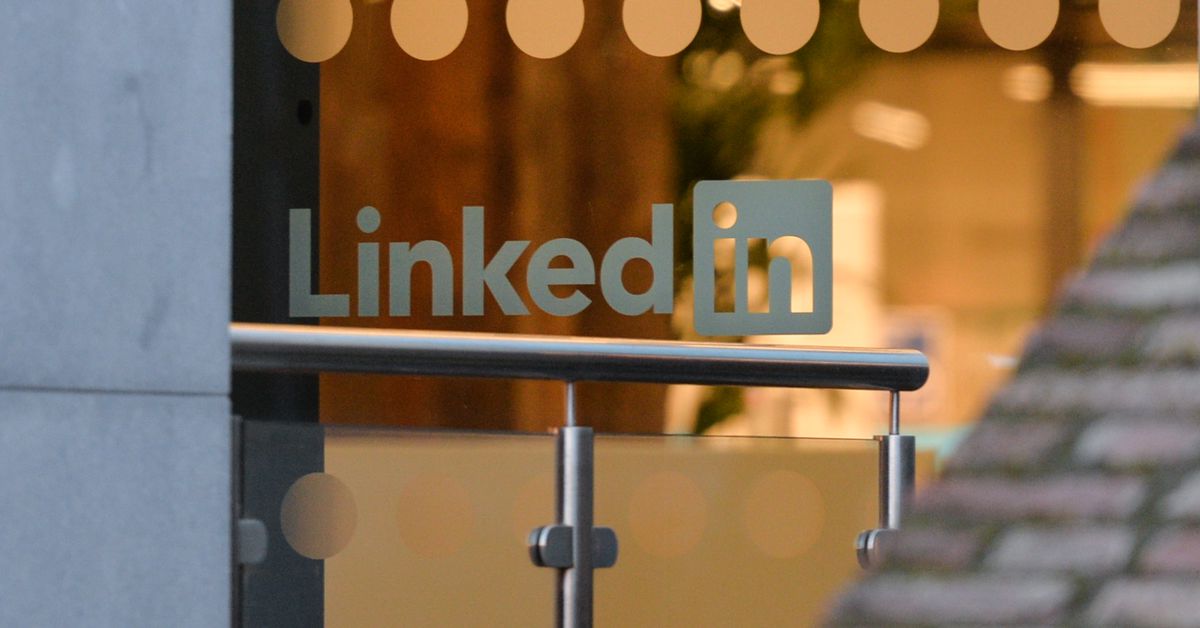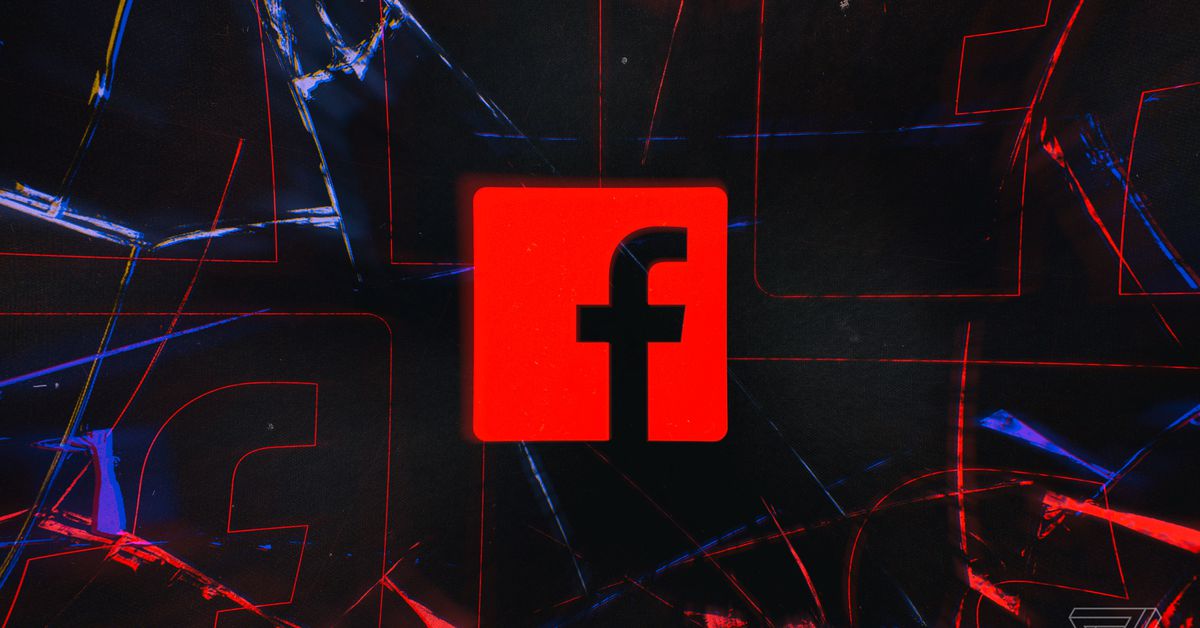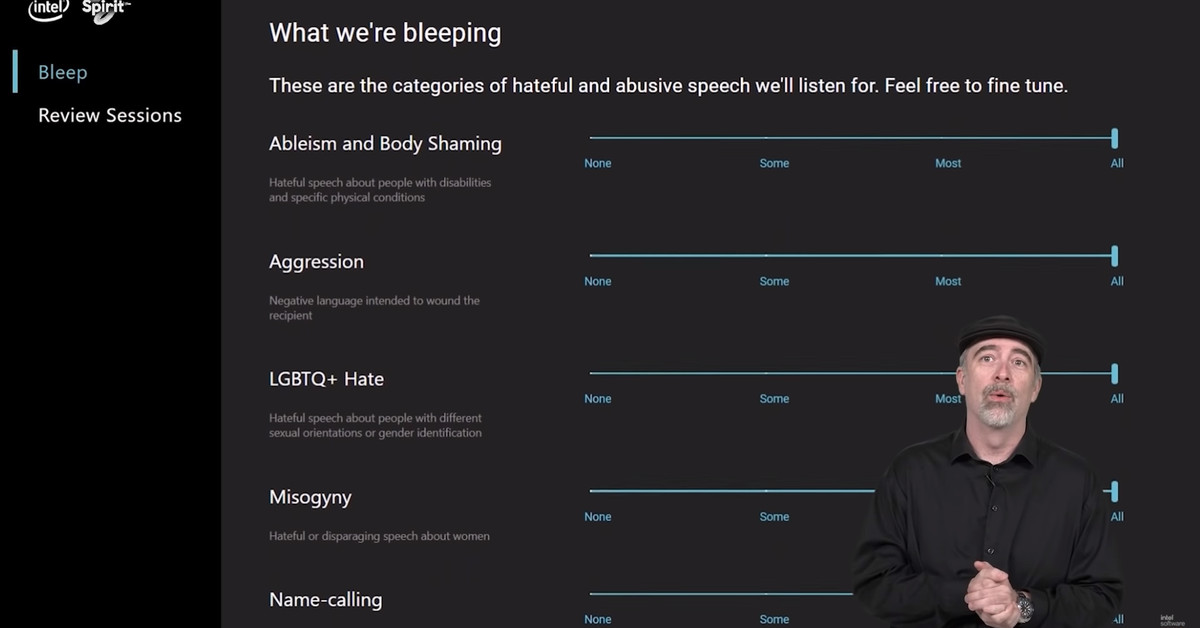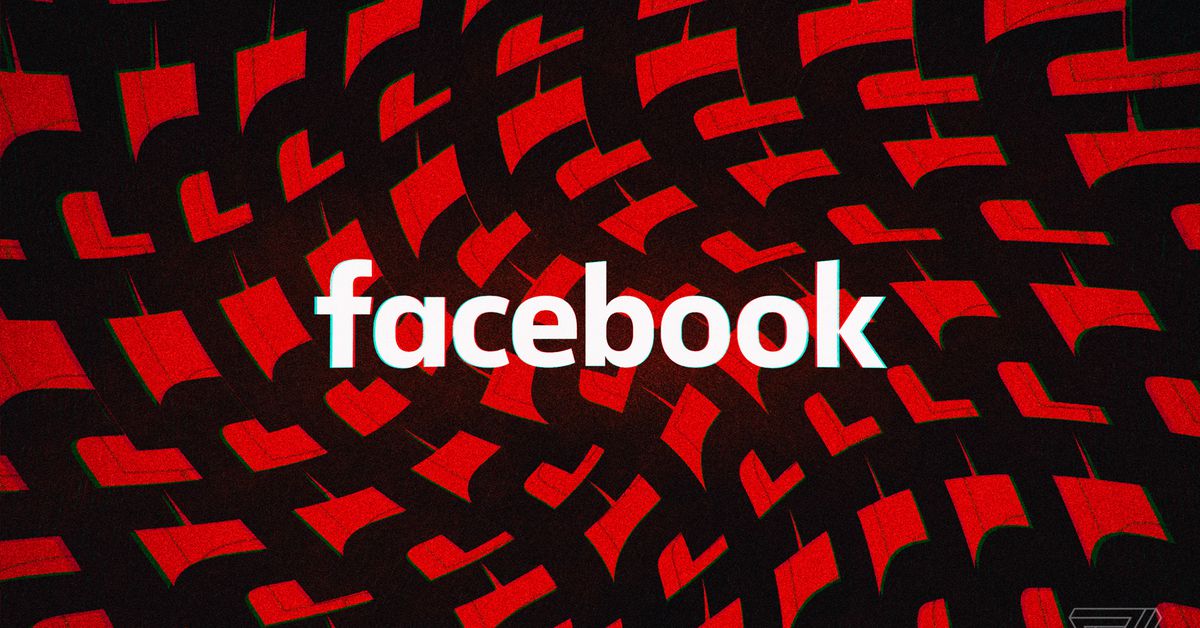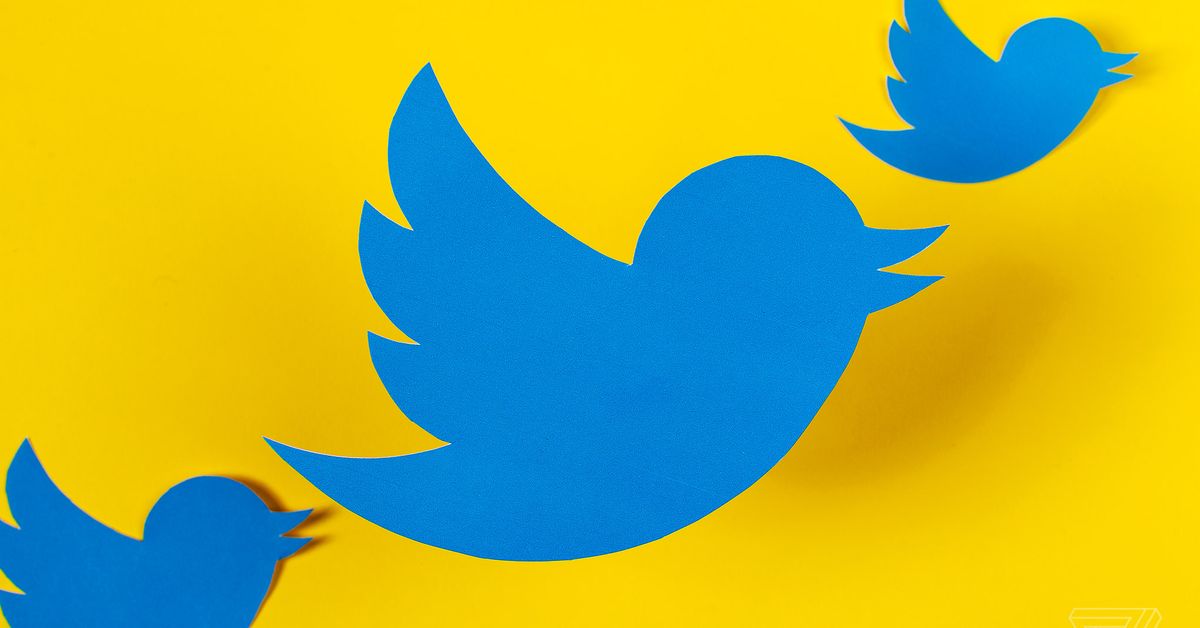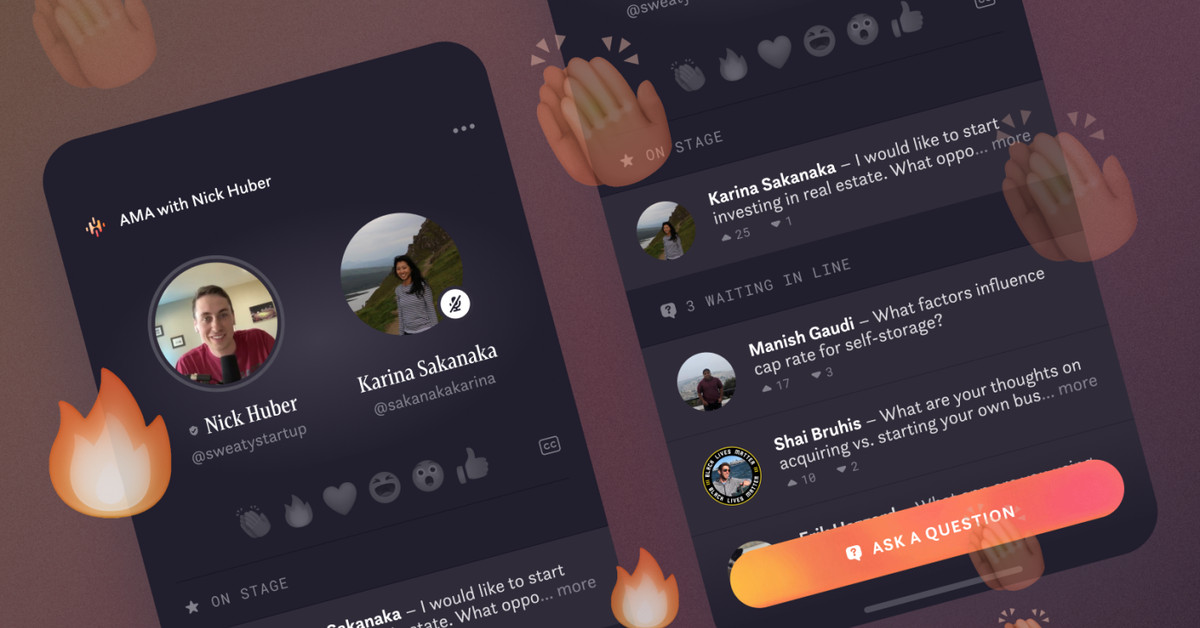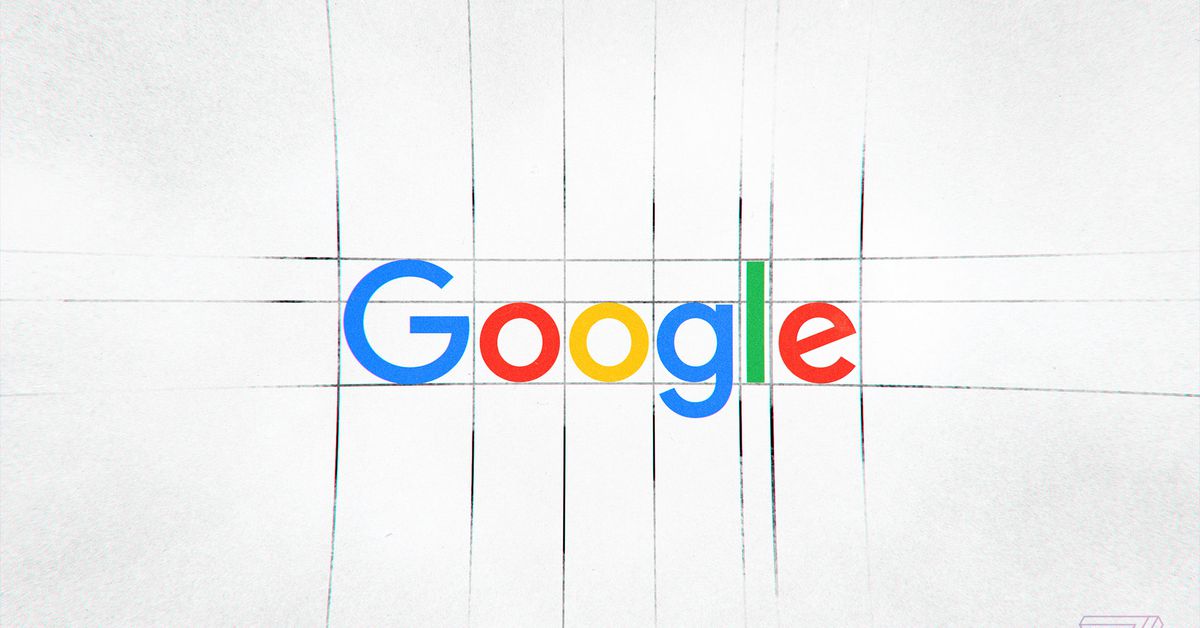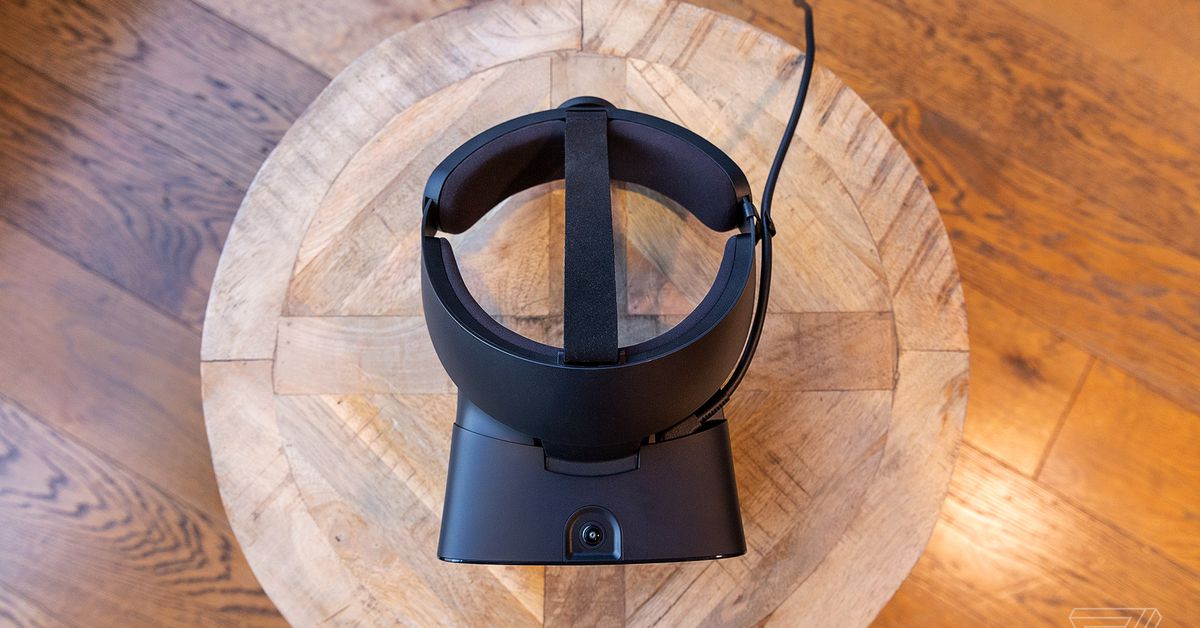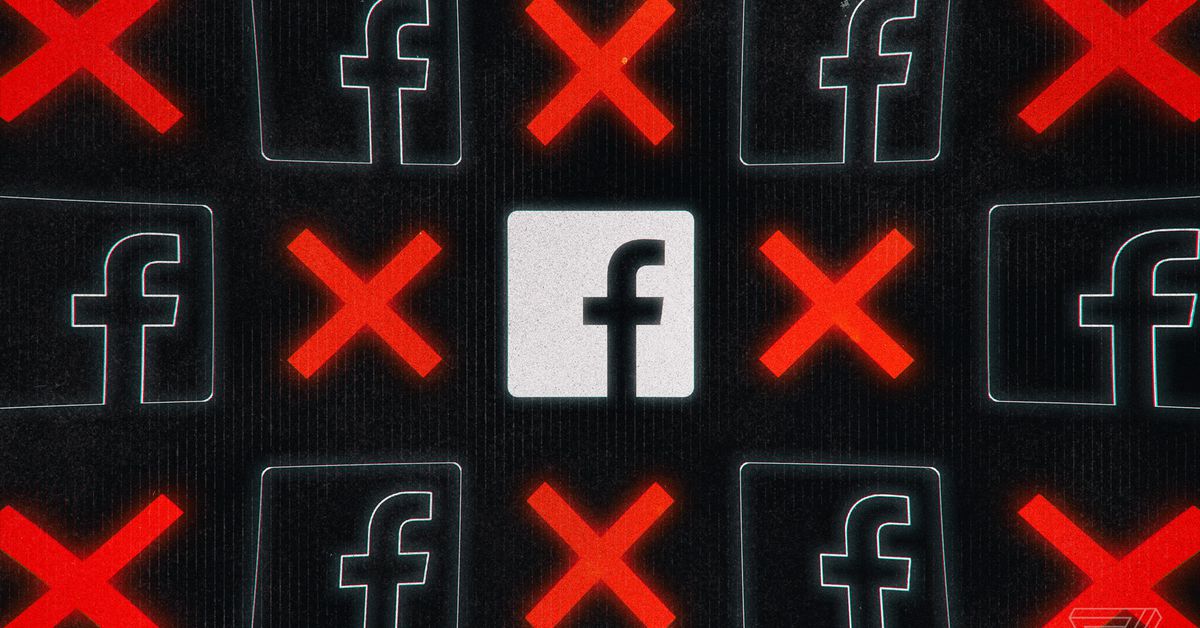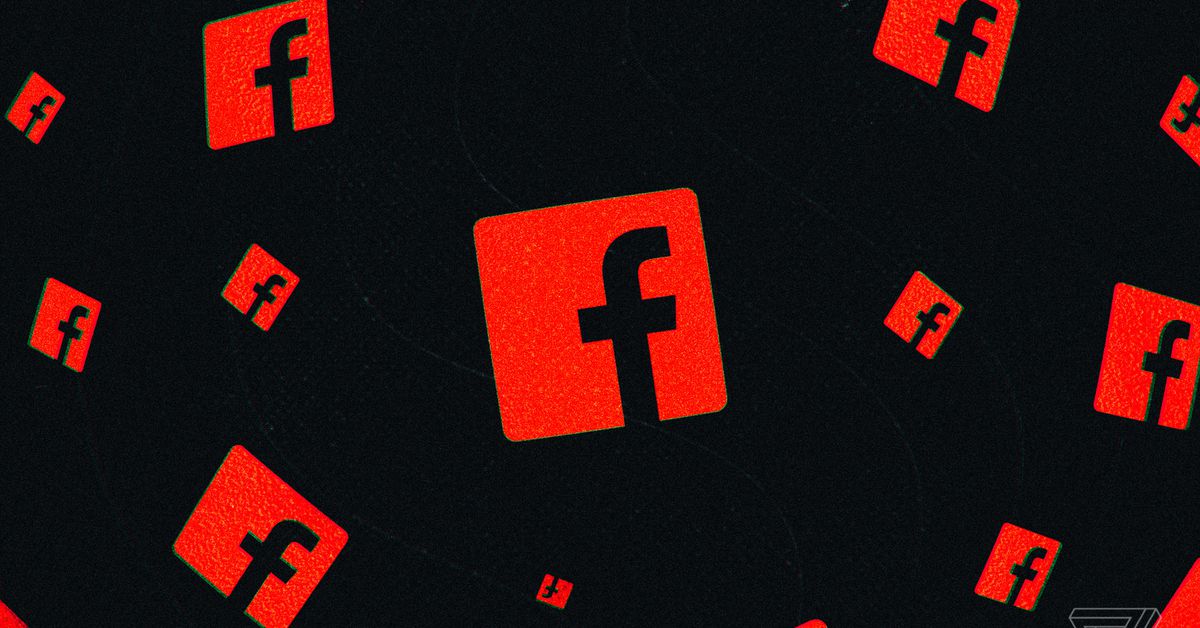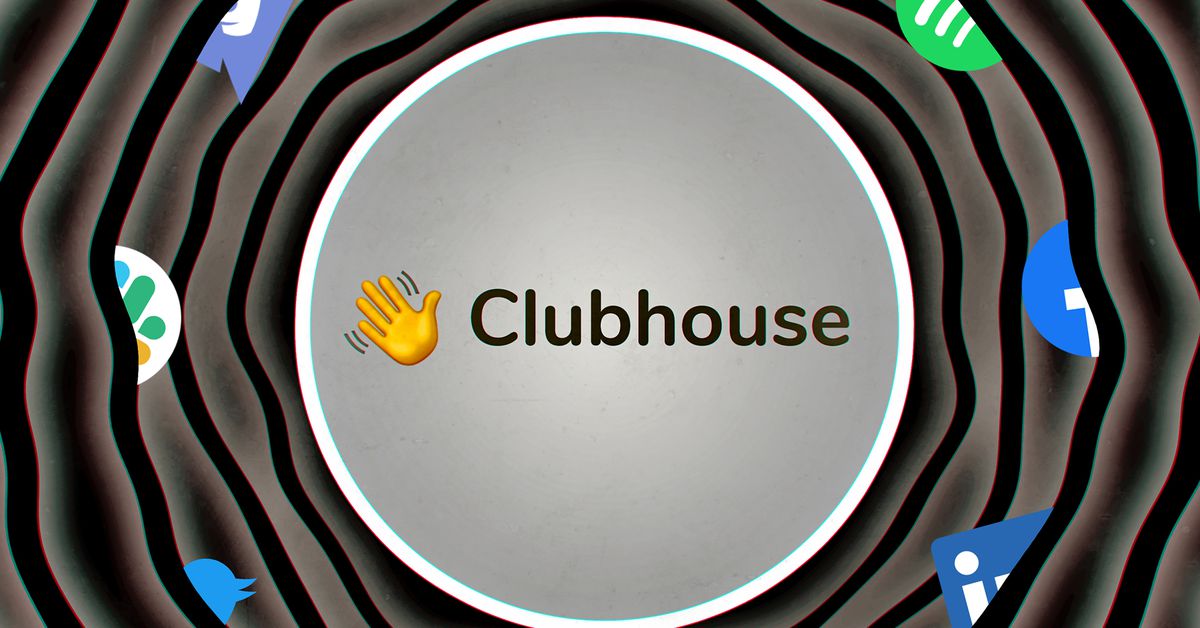Clubhouse had an incredible year in one most of us would rather forget. The live audio app launched during a pandemic; gained more than 10 million downloads for an invite-only, iOS-only app; and succeeded to the point that most every social platform wants to copy it. Congrats to Clubhouse.
The company now faces its biggest challenges yet, however. For one, the pandemic is waning, and people might be more interested in real-life socializing instead of conversations facilitated through their phone. Anyone advertising their backyard as the next great Clubhouse competitor has a point. But for the people who do end up wanting to talk to each other online, they’ll soon have a lot more places to do so. In case you haven’t kept up: Twitter, Facebook (reportedly), LinkedIn, Discord, Spotify, Mark Cuban, and Slack have all launched or are working on their own attempts at social audio — the space is about to get busy.
The great concern for Clubhouse is that, as I postulated in February, social audio could follow the same trajectory as Snapchat’s Stories function: a brilliant social media-altering idea that goes on to live in every app to the detriment of the upstart that pioneered the format. And social audio is shaping up to go that way. With the threat growing, it’s worth looking at where Clubhouse is most likely to run into problems.
But first: what does Clubhouse have going for it? It was the first to social audio, and that’s something. Already, it counts millions of users who come to Clubhouse solely for social audio content, and that includes headline-grabbing names like Elon Musk, Mark Zuckerberg, Bill Gates, and other celebrities. Tech CEOs are even making announcements in Clubhouse, including Slack CEO Stewart Butterfield, who announced his company’s own copycat product in the app. The app generates news and discussions — that’s something much trickier for other companies to clone.
People have also built habits around Clubhouse, which is a positive sign for user retention. The team also plans to launch a creators program in the near future that’ll reward its most dedicated users with revenue and resources to beef up their shows.
And critically, the app has staffed up in just the past month. The company recently poached Fadia Kader from Instagram to lead its media partnerships and creators. At Instagram, she worked with musicians to help them optimize their work on the platform. Presumably, she’ll be doing something similar at Clubhouse. Already, I’ve seen her in a room with Justin Bieber talking about his most recent album. Clubhouse also hired Maya Watson from Netflix to become its head of global marketing, meaning it’ll soon dedicate resources to promoting Clubhouse rather than relying primarily on word of mouth. These are all important steps to keeping Clubhouse interesting and thriving.
But the app now faces competition from some of the world’s biggest platforms, which already have years of moderation experience, are available on iOS and Android, and have massive, loyal user bases to whom they can push social audio. Some companies, like Twitter and Discord, already pushed social audio features live to their millions of users with effectively the same interface as Clubhouse. Anyone who didn’t have an invite to Clubhouse, or an iPhone, now can access the magic of social audio with no association to Clubhouse whatsoever.
Maybe the most dangerous possibility for Clubhouse, however, is how easily it could lose the big names on its platform to challengers. Spotify, which announced this week that it acquired Betty Labs, the maker of the sports-centric social audio app Locker Room, plans to bring the app to Android, change its name, and broaden its coverage to music, culture, and sports. It could directly compete with Clubhouse for talent. Joe Rogan, for example, recently joined a Clubhouse chat, and although Spotify’s head of R&D tells me the company won’t restrict its podcasters from using other social audio apps, it’s easy to imagine the company encouraging the use of its own. Musicians, like Bieber, who maybe came to Clubhouse to debut music, might turn to Spotify’s app instead to maintain relationships with the streaming giant. As a point of reference, when Kylie Jenner tweeted that she barely opened Snapchat anymore, the company’s stock lost $1.3 billion. If stars like Tiffany Haddish decide to spend their time elsewhere, Clubhouse will falter, too.
At the same time, a few of these competitors are specifically interested in building native recording into their app, possibly to fuel the podcasting ecosystem and on-demand listening. Clubhouse has yet to do this. Fireside, which was co-founded by Mark Cuban, allows people to input sound effects, like music, and record their shows for distribution across podcasting platforms, as well as later playback on the app itself. Spotify will likely do the same with its app and rely on its Anchor software to handle hosting and distribution. Twitter’s head of consumer product told The Verge that it, too, would let people natively record their Spaces. Clubhouse hasn’t built that functionality, limiting its users to only live conversations, which can be hard to follow if they join them midway through. Context collapse will challenge every platform that focuses on live, but some of Clubhouse’s competitors are already working to solve that.
Stories made Snapchat a success. It pioneered the idea of ephemeral content and brought some semblance of authenticity back to social media. But it didn’t take long for the functionality to come to the same competitors Clubhouse now faces. To make its business work, Snapchat doubled down on its Android app, made the app more approachable to new users through a redesign, and aggressively pursued content partnerships with media and entertainment companies. It now pays users to make content for its TikTok competitor Spotlight and supports a growing ad business, but Instagram ultimately came away with the crown for Stories. Clubhouse hasn’t yet pursued ads or subscriptions, but that’ll be the next step to make it a self-supported platform. (Notably, though, its competitors, like Facebook, already rule ad targeting, possibly making Clubhouse’s job of selling ads or access to the platform itself tougher.)
None of this is to say Clubhouse won’t survive or build a strong business in the coming months and years. It just needs to stay in the conversation.
